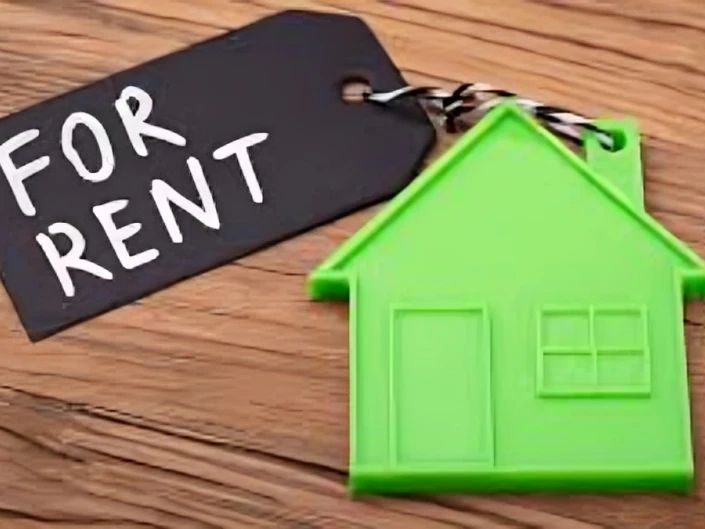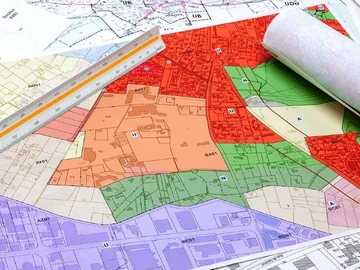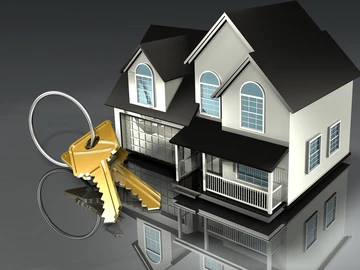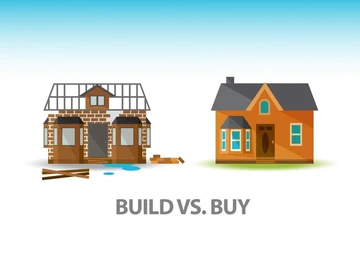Renting property in Zimbabwe is a common way for individuals and families to secure housing without committing to full property ownership. With urban property prices rising average houses in Harare cost US $120,000–$250,000 rentals provide flexibility, especially for young professionals, expatriates, and short-term residents.
2025 Rental Market Snapshot:
- Average monthly rent for a 2–3 bedroom house in Harare: US $700–$1,500
- Average rent in Bulawayo: US $400–$900
- Rental demand in urban areas is strong, with occupancy rates above 85%
This guide explains how rentals work in Zimbabwe, for both tenants and landlords, including legal requirements, costs, and practical tips.
Types of Rental Properties
|
Type |
Description |
Typical Rent 2025 |
|
Apartments/Flats |
Often in gated complexes with security |
US $500–$1,200/month |
|
Townhouses |
Multi-bedroom units with shared amenities |
US $800–$1,500/month |
|
Standalone Houses |
Private homes, ideal for families |
US $700–$2,000/month |
|
Commercial Rentals |
Shops, offices, warehouses |
US $400–$5,000/month depending on location |
Key Players in Rentals
1. Landlords / Property Owners
- Provide property for rent
- Responsible for maintaining the property in habitable condition
2. Tenants
- Individuals or companies renting the property
- Must adhere to lease terms, pay rent on time, and care for the property
3. Real Estate Agents
- Facilitate rental agreements between tenants and landlords
- Typically charge a commission of 50–100% of one month’s rent
Rental Process Step-by-Step
Step 1: Property Search
- Use online portals, agents, or classified ads
- Filter by location, size, budget, and amenities
Step 2: Viewing the Property
- Inspect the property for maintenance issues, security, and utilities
- Confirm access to water, electricity, and internet
Step 3: Rental Application
- Provide ID, proof of income, and references
- Some landlords may require a security deposit (usually one month’s rent)
Step 4: Lease Agreement / Tenancy Agreement
- Standard lease period: 12 months, renewable
Agreement should include:
- Monthly rent amount
- Payment method
- Maintenance responsibilities
- Duration and notice period for termination
Step 5: Payment and Move-In
- Pay security deposit + first month’s rent before moving in
- Landlord issues a receipt
- Take an inventory of fixtures and furniture if furnished
Step 6: During Tenancy
- Pay rent on time
- Report repairs and maintain the property
- Respect neighbors and adhere to rules outlined in the lease
Step 7: End of Lease
- Provide notice (usually 30–60 days)
- Landlord inspects property
- Security deposit is returned, minus deductions for damages
Legal Considerations
1. Tenancy Act (Chapter 12:03)
- Governs rental agreements in Zimbabwe
- Protects both tenants and landlords
2. Rent Control Regulations
- Some older properties fall under rent control, limiting rent increases
- New developments usually not affected
3. Dispute Resolution
- Disputes can be resolved through arbitration, civil court, or rental tribunals
4. Security Deposits
- Typically equivalent to one month’s rent
- Must be returned after deducting legitimate damages
Rental Costs and Factors Affecting Rent
Factors influencing rent:
- Location (CBD vs suburbs)
- Property type and size
- Security and amenities (gated estates, swimming pools, parking)
- Market demand
Average Monthly Rents 2025:
|
City |
2-Bedroom House |
3-Bedroom House |
Notes |
|
Harare |
US $700–$900 |
US $1,000–$1,500 |
Premium areas like Borrowdale, Mount Pleasant higher |
|
Bulawayo |
US $400–$600 |
US $600–$900 |
Safer suburbs preferred |
|
Mutare |
US $300–$500 |
US $500–$800 |
Proximity to schools affects rates |
|
Gweru |
US $250–$400 |
US $400–$700 |
Growing rental demand in business districts |
Tips for Tenants
1. Inspect before signing
- Check water, electricity, plumbing, and security
2. Read the lease carefully
- Understand terms for rent increases and termination
3. Budget for additional costs
- Utilities, security fees, and maintenance
4. Negotiate terms
- Some landlords may reduce rent or accept installment security deposits
5. Keep records
- Receipts, correspondence, and inventory checklists protect your rights
Tips for Landlords
1. Screen tenants carefully
- Verify income, references, and ID
2. Maintain the property
- Well-maintained properties attract better tenants and higher rent
3. Draft clear lease agreements
- Specify rent, maintenance, and notice periods
4. Set competitive rent
- Benchmark against similar properties in the neighborhood
5. Register the property (if required)
- Ensures compliance with municipal and legal requirements
Practical Examples
Example 1: Tenant Renting a House in Borrowdale
- Monthly rent: US $1,200
- Security deposit: US $1,200
- Lease term: 12 months
- Tenant reports minor plumbing issues; landlord repairs within 5 days
- End of lease: deposit returned in full
Example 2: Landlord Renting to Young Professionals
- Property: 3-bedroom townhouse in Avondale
- Monthly rent: US $900
- Security deposit: US $900
- Lease includes rent escalation clause of 5% per year
- Landlord uses agent to find tenants; charges 1 month’s rent commission
Summary
- Renting property in Zimbabwe is regulated and structured through leases governed by the Tenancy Act.
- Key steps: property search, lease agreement, payment, maintenance, and end-of-lease procedures.
2025 insights:
- Average monthly rents: US $700–$1,500 in Harare, US $400–$900 in Bulawayo
- Rental demand remains high in safe, serviced suburbs
- Tenants must budget for deposits and utilities; landlords must maintain properties and screen tenants
By understanding how rentals work, both tenants and landlords can ensure smooth, fair, and legally compliant arrangements in Zimbabwe’s 2025 property market.
 Continue with Facebook
Continue with Facebook
 Continue with Email
Continue with Email














